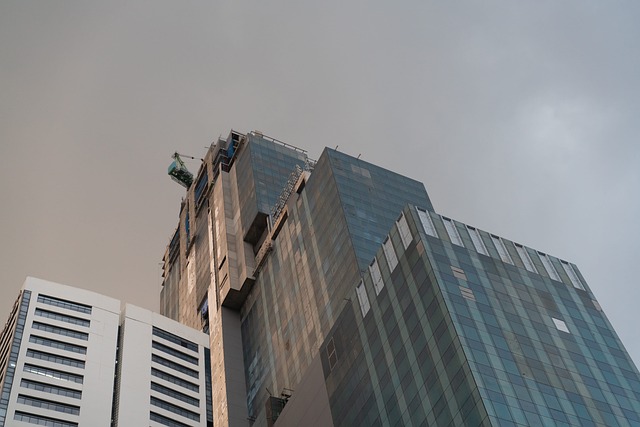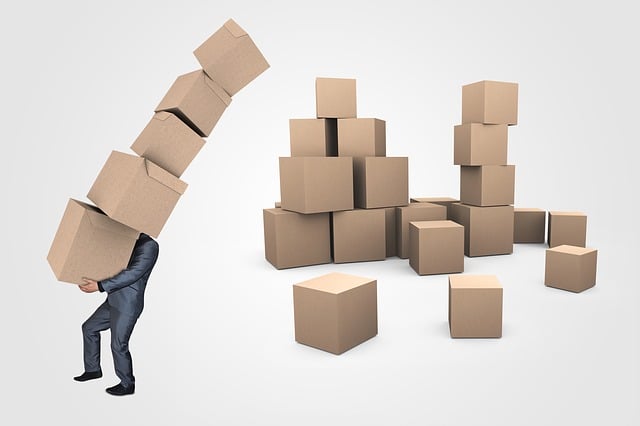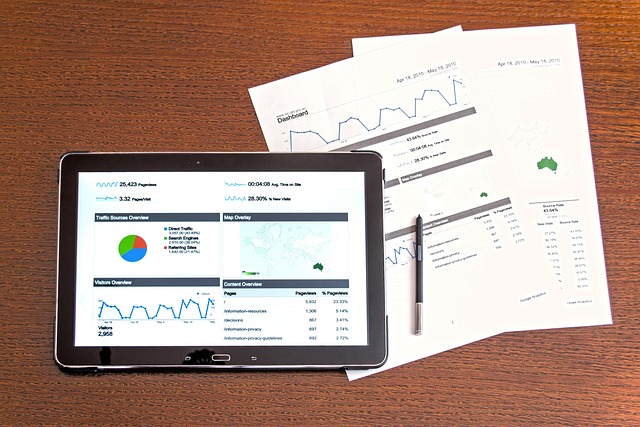Efficient tenant management in real estate is vital for maintaining property values and revenue. Landlords must balance safety, comfort, and monitoring with best practices like detailed contracts, regular inspections, open communication, swift issue resolution, and proactive property care to foster positive relationships and encourage longer stays. Tenants are expected to maintain their spaces, report issues promptly, and adhere to lease terms; clear expectations, set through comprehensive lease agreements and regular check-ins, ensure mutual respect and a harmonious relationship in the real estate sector.
In the real estate realm, effectively overseeing tenants and maintaining property conditions are paramount for long-term success. This article delves into the intricate balance of tenant management, exploring key aspects such as setting clear expectations through lease agreements, implementing robust tenant screening processes, and fostering positive relationships that preserve both the property and its community. By understanding the roles and responsibilities of a property owner, regular inspections, effective communication, and the creation of a clean, safe environment, investors can maximize their real estate investments.
Understanding Tenant Management: Responsibilities and Best Practices

In the real estate sector, effective tenant management is paramount for maintaining property values and ensuring a steady income stream. Property owners have a dual role: to provide a safe, comfortable living environment for tenants while actively overseeing property condition. This involves clear communication channels, prompt issue resolution, and regular interactions that foster trust and respect.
Best practices in tenant management include establishing detailed rental agreements outlining expectations, rights, and responsibilities. Regular inspections, ideally scheduled but also responsive to urgent needs, help keep track of any maintenance issues. Open lines of communication, coupled with a quick response time for tenant inquiries and concerns, can prevent minor problems from escalating. A proactive approach to property upkeep not only maintains the asset’s value but also strengthens relationships with tenants, leading to longer occupancy periods and positive reviews.
– The role of a property owner: what to expect from tenants

As a real estate owner, your role involves more than just collecting rent. It entails overseeing tenants and ensuring the property remains in good condition. What to expect from your tenants can vary, but generally, they are responsible for maintaining the living space and respecting the premises. This includes regular cleaning, reporting any maintenance issues promptly, and adhering to lease agreements regarding noise levels and visitor policies.
A key aspect of this relationship is open communication. Real estate owners should establish clear expectations and be available to address tenant concerns or questions. Regular check-ins can help maintain a positive living environment, fostering a sense of mutual respect and understanding between the property owner and tenants.
– Setting clear expectations: lease agreements and communication

In the real estate sector, setting clear expectations is paramount for a harmonious tenant-landlord relationship. Lease agreements serve as the cornerstone of this process, outlining the rights and responsibilities of both parties. It’s crucial to ensure these contracts are comprehensive, detailing maintenance expectations, repair procedures, and communication protocols. Tenants should be informed about what’s expected of them in terms of property upkeep, while landlords must clearly state their obligations for repairs and regular maintenance checks.
Effective communication is the key to managing these expectations. Landlords should establish open lines of dialogue with tenants, promoting a culture of transparency. Regular check-ins, prompt responses to inquiries, and clear instructions for reporting issues can help maintain the property’s condition. Through these measures, landlords can ensure their investment remains well-cared for, while tenants benefit from a comfortable and well-maintained living space.






